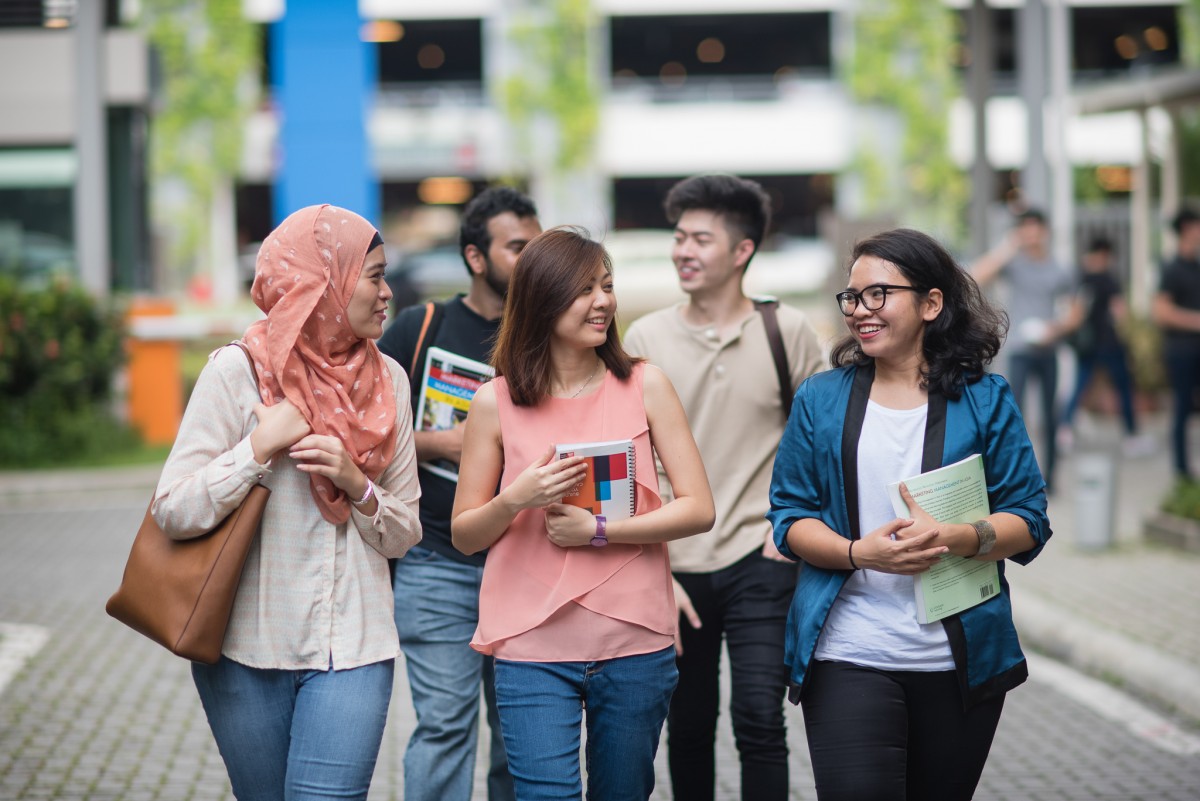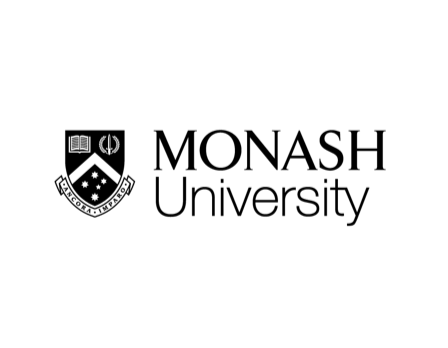Monash University Malaysia has two things in mind when it comes to business students: teach them how to build sustainable businesses and mould them into successful leaders.
To that end, Monash University Malaysia’s School of Business (Monash Business) continuously makes great investments in both its campus and students. Programs go through a rigorous process with elite accreditation bodies, backed with a strong commitment to the United Nation’s Principles for Responsible Management Education (PRME), while its state-of-the-art campus and many facilities act as the backbone to stimulate creative learning in the school’s community.
Any business school that’s worth its salt knows it’s not just enough to produce employable graduates for today’s competitive business world. Monash Business knows this, as seen in the unabashed and multifarious pursuits it undertakes in its quest to produce the business leaders of tomorrow.
Accreditation means quality beyond the classroom
To Monash Business, excellence really matters and is a quality worth fighting for. As clearly stated in its Vision and Mission statements, Monash Business aims to lead the way both within its academia and in the business world.

Students attending a workshop on Data Analytics and Data Science Concepts in February 2017
Nowhere is this commitment more obvious than its accreditation by the Association to Advance Collegiate Schools of Business (AACSB). This global accreditation puts Monash Business in the same league as other elite business-focused institutions worldwide, the very same alma maters for 96 percent of the chief executives of the 2016 ‘From MBA to CEO’ by the Financial Times.
Apart from maintaining educational attainments to AACSB accreditation standards, another key AACSB requirement is its close engagement with the business world. Business schools act as an intersection between theory and practice – a balance that manifests itself in Monash Business’ internship programs, as well as work placements and living case studies. The school capitalises on this win-win industry partnership, where students enrich themselves with real-world experience while companies get a chance to mingle with academia and seek out their future talent pool.
“Through working with a well-known MNC, I was able to get exposure to international standards and a world-class corporate culture,” says Wilbur Chin Jun Li, a student who interned at Accenture Malaysia (Management Consulting division) and currently working with TalentCorp Malaysia.
Further supplementing the ‘real-world’ dimension into its curriculum is the School Industry Advisory Board, which counts business luminaries among its many members, such as Dr John Lee (Malayan Banking Berhad’s Group Chief Risk Officer), entrepreneur Joel Neoh (Fave founder) as well Leonard Ariff bin Abdul Shatar (Chemical Company of Malaysia Berhad’s Group Managing Director), among many more.
“Ethics is embedded in our DNA”
In 2007, the Principles for Responsible Management Education (PRME) were launched during the UN Global Compact Leaders Summit in Geneva, marking a big leap forward for business education worldwide. Monash Business is an Advanced Signatory Member of this initiative, which stands as the largest organised relationship between the United Nations and business schools.
If the AACSB is the backbone of Monash Business, PRME then is its heart and soul. Business schools, like Monash Business know they are powerful drivers of corporate sustainability, hence its aggressive push for PRME to be integrated in every step of its education process.
“We want every program to have a series of activities that relate to PRME objectives,” says Professor John Benson, Head of Monash Business.

Monash Business’ PRME Ambassador, Ms Priya Sharma, speaks to a group of refugee children
Businesses only succeed if they are sustainable and offer value propositions to all stakeholders, customers, workers, consumers, civil society organisations and not just shareholders alone, Professor Benson explained.
Like businesses, a student who graduates with a firm grasp of this concept will go far.
Professor Benson states that it is Monash Business graduates who will have the capabilities to bring business to the forefront of our sustainable future.
Hence, from human resources to accounting and finance, Professor Benson insists that PRME’s Six Principles: Purpose, Values, Methods, Research, Partnership, Dialogue, run through each and every one of the school’s innovative courses.
And this pledge to doing good is not limited to just the school’s syllabus. Recognising that everyone has a fundamental right to education, the Monash Malaysia Business Alumni Chapter (MMBAC) team designed a program this March to bring together Monash Business students and refugee youths with activities to help these underprivileged groups discover their full academic potential.
“I’m still feeling so happy from yesterday! Visiting Monash is truly one of the most important moments in my life,” says one refugee teenager from Malaysia’s Fugee School.
A campus that inspires
Students at university spend most of their time on campus, whether it be for study, work or play. A campus that understands this is one that will give enough support to its students. But Monash Business’s campus is not content with just providing support – it wants to inspire students, too.
This is where the school’s three business laboratories shine.
Stepping into Monash University Sunway Simulated Trading Lab (MUSST Lab), one would be forgiven for thinking it resembles the stock exchange on Wall Street. In this experiential learning environment, students get to simulate a trading market place where they learn the mechanics of bonds, equities and derivative instruments as well as bid-and-ask prices and buy-and-sell orders in a fun and interactive way.

John Benson, Head of the School of Business, talks to a group of Monash Singapore alumni visiting the campus in the Focus Group Room
Meanwhile, at the Focus Group Room, a commercial-level focus group facility, students and researchers get to conduct, mediate and design group discussion and behavioural experiments. By mimicking boardroom interactions and retail encounters, this room gives Monash Business students a competitive advantage compared with their peers from other universities.
Lastly, Monash University’s “Neurobusiness” Behavioural Laboratory (NBL) is where students get to research human cognitive neuroscience and apply high-level neuroscientific and behavioural research methods to social, economic and business topics. The NBL is also impressively equipped with high-density EEG setups, eye-trackers, psychophysiological measurement setups, advanced behavioural testing facilities, and data servers.
From its courses to the industry engagement and campus facilities, we can see that Monash Business seems reluctant to rest on its laurels or to cut any corners in constantly growing and improving itself.
The bottom line for Monash Business is that each of its students must graduate with fundamental qualities such as the ability to critically analyse, to understand and interpret data as well as to use data in decision-making – vital skills to have in anticipation of 30 years or more in the working world. These are the skills will tide Monash Business graduates through rapid change as well as propel them to leadership positions in their chosen fields of work.
When asked what lies behind relentless ambition for excellence, Professor Benson simply replied:
“It’s the leaders of tomorrow that we are interested in.”
Follow Monash Malaysia on Facebook, Twitter, YouTube, Instagram and LinkedIn
Liked this? Then you’ll love these…
Bridging the gap between theory and practice in higher education
Beyond the classroom: How Monash Malaysia enriches students’ learning











